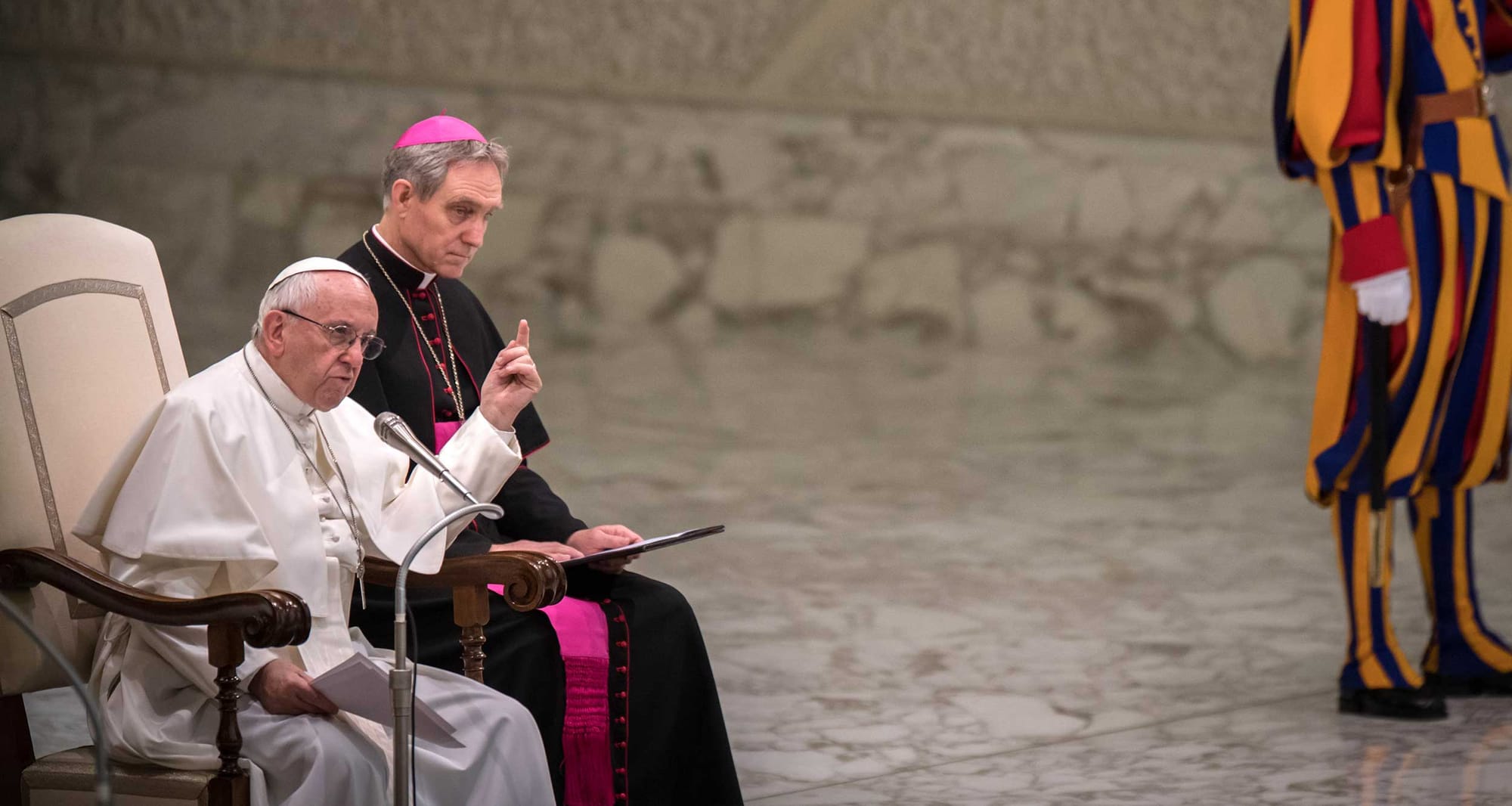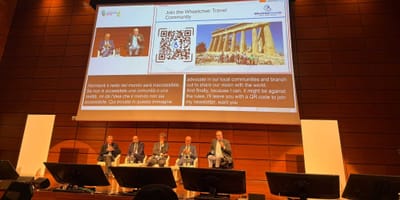Pope Francis, head of the Roman Catholic Church, released a statement on December 3rd in recognition of the International Day of Persons with Disabilities. The Holy Father is considered by many to be one of the world’s key moral authorities; his life and papacy have been marked by a particular focus on human rights and social justice work. The pope’s statement spoke to me in a special way, and I would like to share a summary of his key points with you here.
The Pope despises our “throwaway culture”
The statement points first to the “threat of the throwaway culture” which is widespread in our time — a culture that wantonly discards not only resources, but also human beings.
“Some parts of our human family,” the Pope says, have been “readily sacrificed for the sake of others considered worthy of a carefree existence.” He continues, “persons are no longer seen as a paramount value to be cared for and respected, especially when they are poor and disabled.” The pandemic has brought society’s disrespect for the lives of disabled people into much clearer focus.
Although Pope Francis acknowledges that significant strides have been made to recognize the dignity of disabled people in recent decades, he contends that “much still stands in the way.” Among the most notable barriers are “attitudes of rejection, due also to a narcissistic and utilitarian mentality, that give rise to marginalization that ignores the inevitable fact that frailty is part of everyone’s life.” These are courageous, fighting words from Pope Francis which caused me to pump my fist and shout in agreement.
The Holy Father says that “inclusion should be the first ‘rock’ on which to build our house”
The Pope quotes his 2020 encyclical letter, Fratelli Tutti (“All Brothers”), to point out that inclusion must always be considered. It reads, in part:
The decision to include or exclude those lying wounded along the roadside can serve as a criterion for judging every economic, political, social and religious project. Each day we have to decide whether to be Good Samaritans or indifferent bystanders.
In this excerpt, the Holy Father refers to the parable of the Good Samaritan (Luke 10:25-37), in which Jesus teaches the faithful to love your neighbor as yourself. It is one of the strongest Christian arguments for inclusion, as Pope Francis points out. His subtle reminder that “indifferent bystanders” are agents of exclusion is encouraging to me as a disabled person.
The Pope acknowledges that true inclusion is founded on active participation, which requires accessibility
What is inclusion? Two definitions from the Oxford Languages dictionary offer valuable insight:
- the practice or policy of providing equal access to opportunities and resources for people who might otherwise be excluded or marginalized, such as those who have physical or mental disabilities and members of other minority groups.
- Geology a body or particle recognizably distinct from the substance in which it is embedded.
The second definition, referencing the word’s use in a geological sense, suggests that inclusion involves something entirely unique which is “embedded” into a larger object. That is precisely what disability inclusion is: people with unique identities and abilities integrating into a larger body (society).
Again quoting from Fratelli Tutti, Pope Francis emphasizes the importance of participation:
Many persons with disabilities feel that they exist without belonging and without participating. Much still prevents them from being fully enfranchised. Our concern should be not only to care for them, but also to ensure their ‘active participation’ in the civil and ecclesial community.
In speaking about the importance of inclusion within the Catholic Church, Pope Francis states that disabled people have the right “to receive the sacraments, like all other members of the Church.” Sacraments are things like communion, confession, marriage and holy orders (priesthood), among others. The pope continues, “all liturgical celebrations in the parish should be accessible to them, so that, together with their brothers and sisters, each of them can deepen, celebrate, and live their faith.”
This is an important statement, since it signals a commitment to progress on the part of the Church. It is also a lesson for the larger society, that inclusion is marked by an effort to support the individual’s participation in whatever form that may be possible.
Pope Francis directs churches to invest in disability training and education for priests, seminarians, religious, catechists and pastoral workers
In an ideal world, disabled people would be fully integrated with larger society and no one would be unfamiliar with the disability community. We aren’t there yet. To promote greater understanding, I routinely recommend that businesses provide diversity training to their employees. The pope agrees, and has encouraged ecclesial institutions to “provide all priests, seminarians, religious, catechists and pastoral workers with regular training concerning disabilities and the use of inclusive pastoral tools.”
The benefit of this training, the pope says, is “to encourage among the faithful a welcoming attitude towards people with disabilities.”
Final Thoughts
The Pope’s message encourages us to tear down barriers that have served to exclude disabled people from faith communities and from society. Although Francis is the world’s most recognizable religious figure, his entreaty “to promote a culture of life that constantly affirms the dignity of every person and works especially to defend men and women with disabilities” is not inherently religious. It’s a reasonable request that I hope the world recognizes as common sense.
To read the full statement, visit the Vatican website.















